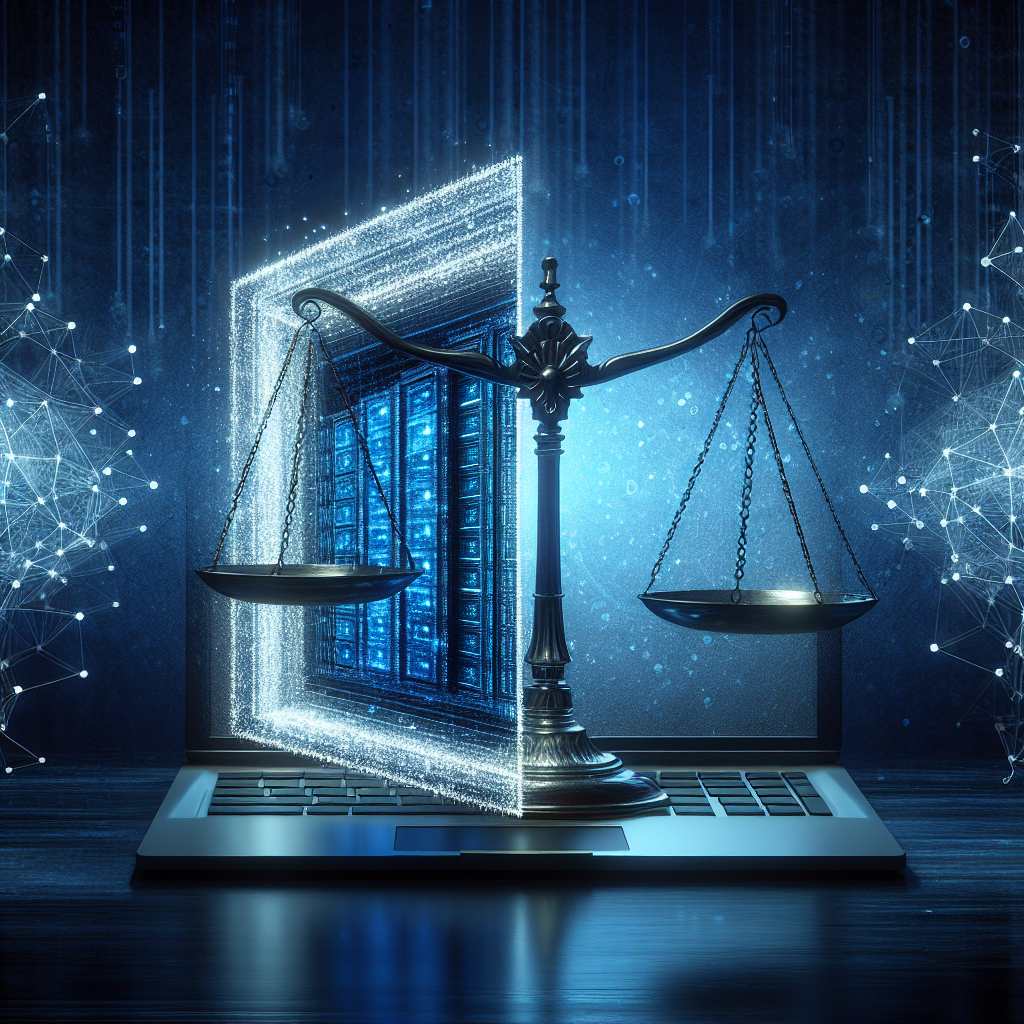
What Are the Legal Implications of Ethical Hacking?
Introduction
Ethical hacking, also known as penetration testing or white-hat hacking, involves the deliberate probing of computer systems and networks to identify and fix security vulnerabilities. While it’s a crucial aspect of modern cybersecurity strategies, ethical hacking exists within a complex legal landscape that practitioners must navigate carefully to avoid legal repercussions.
Understanding Ethical Hacking
Ethical hacking is performed by cybersecurity professionals who are authorized to test and strengthen an organization’s security measures. Unlike malicious hackers, ethical hackers have explicit permission to access systems and are bound by contractual and legal agreements to ensure their activities remain lawful and focused on improving security.
Legal Framework Surrounding Ethical Hacking
Authorization and Consent
One of the most critical legal considerations is obtaining proper authorization before conducting any security testing. Without explicit permission from the system owner, ethical hacking activities can be construed as unauthorized access, which is illegal under laws such as the Computer Fraud and Abuse Act (CFAA) in the United States.
Data Protection and Privacy Laws
Ethical hackers often handle sensitive data during their assessments. Compliance with data protection regulations, such as the General Data Protection Regulation (GDPR) in the European Union, is essential. These laws mandate the protection of personal data and impose strict guidelines on how data should be accessed, processed, and stored during security testing.
Intellectual Property Rights
Respecting intellectual property rights is another important aspect. Ethical hackers must ensure that their activities do not infringe upon copyright laws or the proprietary technologies of the organizations they are testing. This includes refraining from unauthorized distribution or use of proprietary software and information.
Compliance with Industry-Specific Regulations
Different industries have specific regulations that ethical hackers must adhere to. For instance, financial institutions must comply with the Gramm-Leach-Bliley Act (GLBA), while healthcare organizations must adhere to the Health Insurance Portability and Accountability Act (HIPAA). Understanding and complying with these sector-specific laws is crucial for legal ethical hacking practices.
Potential Legal Risks for Ethical Hackers
Despite following best practices, ethical hackers may still face legal risks, such as accidental data breaches or exceeding the scope of their authorized activities. To mitigate these risks, ethical hackers should establish clear communication channels, define the scope of work precisely, and document all activities thoroughly.
Best Practices for Ensuring Legal Compliance
- Obtain Written Consent: Always secure explicit, written permission before beginning any ethical hacking activities.
- Define Scope Clearly: Clearly outline the boundaries and objectives of the hacking activities to prevent unintended legal issues.
- Stay Informed on Laws: Keep abreast of relevant laws and regulations that impact ethical hacking practices.
- Maintain Transparency: Document all actions taken during the testing process to provide accountability and transparency.
- Protect Sensitive Data: Implement stringent data protection measures to safeguard any sensitive information accessed during testing.
Conclusion
Ethical hacking plays a vital role in enhancing cybersecurity defenses, but it comes with significant legal responsibilities. By understanding and adhering to the legal implications, ethical hackers can effectively contribute to securing systems while minimizing the risk of legal challenges. Organizations engaging in ethical hacking should prioritize creating clear policies and agreements to support lawful and productive security assessments.
